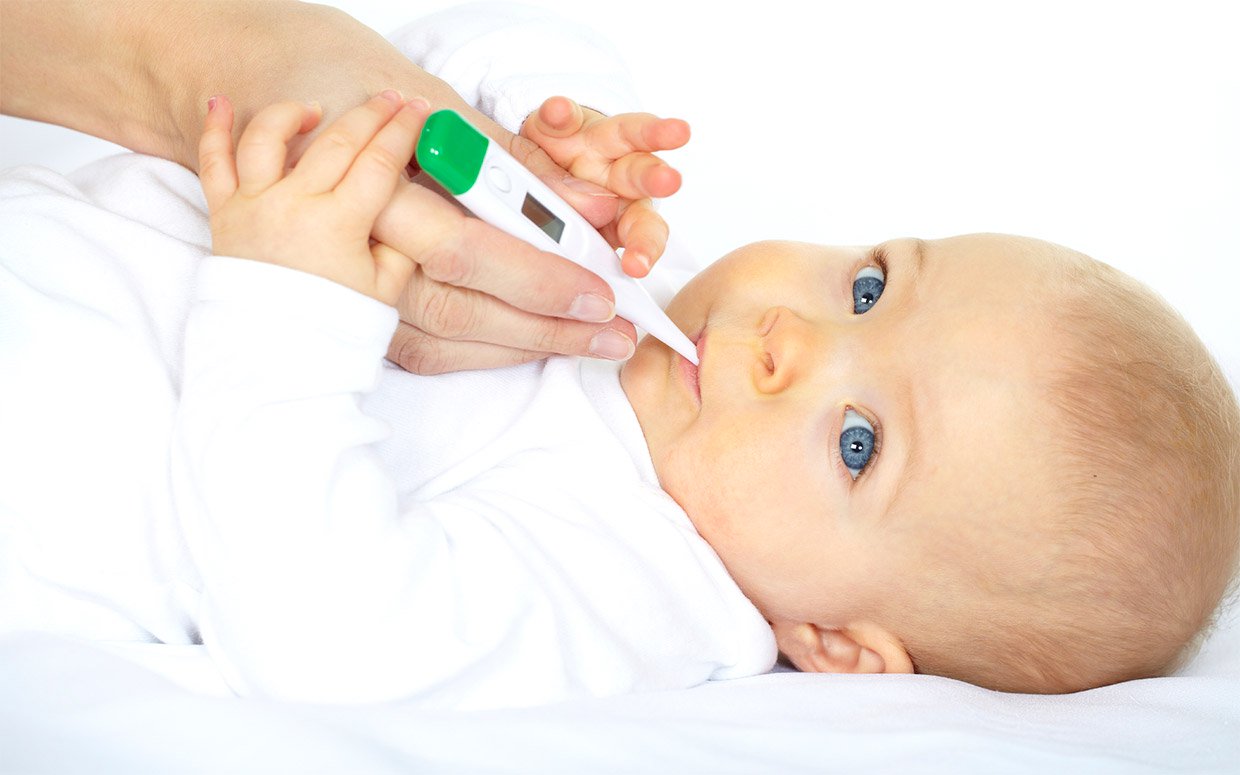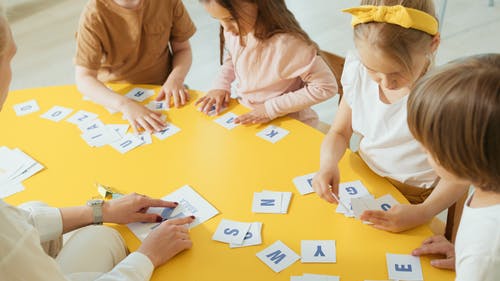
Sometimes, it can be hard to tell if your baby or child is too sick for nursery. Children who go to nursery are more likely to pick up any infections that are going around. So it's worth knowing when it's best for your child to stay at home.
Which illnesses are a problem?
If your child just has a cold (and he'll get plenty!), he'll be fine to go to nursery. But if your child has any of the following, keep him tucked up at home:
- A fever. As well as a fever, he may be irritable, lethargic, crying, refusing to eat or feed, have a stuffy nose, or be a bit wheezy. All of these are signs that your child needs to stay at home until he is better.
- A respiratory illness, such as bronchiolitis or flu. Keep your child at home until he is better, particularly if he has a fever, too. If your child has whooping cough, keep him at home for five days from when he starts antibiotics.
- Diarrhoea and vomiting. Your child could have a stomach bug. If your child has diarrhoea and vomiting, he should stay at home until 48 hours after his last episode. If your child’s poos are bloody or have mucus in them, he should also stay at home. This could be the sign of an infection.
- A contagious skin disease such as impetigo. In the case of impetigo, he can go back after 48 hours of treatment with antibiotics or when the sores have crusted over. If your child has scabies or ringworm, he can return to nursery after treatment has been started.
A rash with a fever and other symptoms is another sign that your child should stay at home. If he has:
- Chickenpox. Wait until five days after the rash has appeared.
- Hand, foot and mouth disease. Your child should be fine to go to nursery. However, if there are a lot of cases in the nursery, staff may ask you to keep your child at home.
- Scarlet fever. He can go back to nursery after he’s been on antibiotics for five days.
- Roseola. Wait until your child seems better before he goes back to nursery.
- Measles. Wait five days from when the rash first appears. However, if your child develops a rash from the measles, mumps and rubella (MMR) vaccination, it doesn't mean he has measles.
If your child's rash is not linked to a fever or any other symptoms, he can probably go to nursery. For example, if he has slapped cheek syndrome, he can go to nursery if he is feeling well and if the staff are happy to have him.
If your child has conjunctivitis, he'll have red eyes, with a watery or yellow discharge. He can usually go to nursery if he's feeling well, and if the staff are happy to have him. However, if there are a number of cases of conjunctivitis at your child's nursery, the staff may ask you to keep your child away until his infection has cleared up.
What can I do to help?
Apart from keeping your child at home when he is ill, good hygiene will go a long way toward preventing the spread of infection. You can do this by washing your hands and your child’s hands often and thoroughly with soap and warm water. This is especially important after nappy-changing and using the toilet, after blowing noses, and before preparing and eating food.
Also find out when to see the doctor if your child is ill.

 لبنان
لبنان المملكة العربية السعودية
المملكة العربية السعودية البحرين
البحرين الإمارات العربية المتحدة
الإمارات العربية المتحدة قطر
قطر الأردن
الأردن تركيا
تركيا جنوب أفريقيا
جنوب أفريقيا




(0) التعليقات